How do you solve a problem like Orlando?
I apologize for some of the funky formatting. Blogger doesn't like me today.
I apologize for some of the funky formatting. Blogger doesn't like me today.
One of the most common critiques I hear of As You Like It is typically lobbed at its putative hero, Orlando. "As You Like It!" They scoff. "That's the one where you've got some lovesick jerk running around the forest sticking bad poetry up." Then they go on to extol the virtues of Measure for Measure or Merchant of Venice or something (which I sum up as, "Oh, two of his most problematic plays.").
When I first heard this critique, it was from my undergrad college Shakespeare professor, bless him, whose wife - it had been whispered through the school - had cheated on him and left him just a few years previous, which made taking Shakespeare classes with him...unique. Apparently, in the years closer to his personal tragedy, when my older-than-me college buddies were taking his classes, he was particularly bitter against any of the Bard's praises of romantic love - which praises are pretty much ubiquitous if not the whole and summation of most of Shakespeare's plays. By the time I took his class, his ire had abated somewhat, and he certainly instilled in me the crucial key to such plays as Romeo and Juliet, which he argued all came down to the fact that marriage isn't a joke, that it means something.
He argued, and rightly, although perhaps just a bit sadly, that the tragedy of R&J is that they get married. That one act leads to the impossible situation they find themselves in for the remainder of the play. Were Romeo not married to Juliet, she would be free to marry Paris, and Tybalt probably wouldn't seek Romeo's blood so ardently, and everyone would survive, whether or not they survived happily. Now, my poor professor may have felt that this simply showed that marriage equals pain, but I think it means that marriage and vows ought to mean something and that from time immemorial there have been pressures in society to break vows and that is tragic. Anyway.... If you're ever directing R&J, consider everything leading up to and out from the marriage.
Naturally, my professor was far better at teaching the tragedies than he was teaching the comedies/romances (at least as this addled brain can recall) and I remember as we were at the mid-way point between switching over from the comedies to reading the romances that he explained why we weren't reading As You Like It. "Oh," he said dismissively, "I simply can't stand and won't read that jerk running around carving poetry into trees."
Since I had never read the play, and since I had been less than whelmed reading All's Well that Ends Well (a plot I still can't retain although Wikipedia informs me that it does indeed retain a girl deceiving a guy which is why it got all jumbled together in my brain with As You Like It - that and the silly titles), and prior to that Measure for Measure (which actually intrigued me although it also bore resemblances to AWTEW in forcible marriages, as well as) and prior to that The Merchant of Venice (which I mostly remember as "Wait, it's not about Shylock?") and somewhere in there Two Gentlemen of Verona (which is under freaking dispute as to whether Shakespeare wrote it at all - he probably didn't - and which plot I can't recall even one whit) and since all these half-read comedies (yes, I started to slack big time in that class...yup, me) started to blend into each other, I was just as glad not to read one about tree-hugging hippies in Elizabethan England.
Correction: According to my friend Wikipedia, I did read Two Gentlemen and probably not All's Well, since I vaguely remember between Merchant and some other play and Twelfth Night a lot of female cross-dressing. A note to all future professors of Shakespeare: for Heaven's sake, make us do more than skim-read the play on our own time! Presume the comedies have distinction and something of worth, worth studying! And realize that if you dismiss a play, as I seem to have done above listing my initial reactions, I grant you, that your opinion will lodge pretty deep in your students' heads, without a single scrap of evidence. So, careful what you teach. This has been a message from your friendly former scholar. Thank you.
Consequently, for years my idea of As You Like It boiled down to this one image of this guy streaking through the forest, sort of laughing "OOoooohHAHAHHAAHHAAH.... LOOOOOOVE!" Somewhere between Saint Francis as depicted in Brother Sun, Sister Moon and George Emerson in the Merchant Ivory production of A Room With a View.
Imagine my disgruntlement, then, when I learnt a year after my under-graduation that AYLI was going to be a major part of our curriculum in England. Imagine my utter surprise and delight when I finally read the play and said, "This is un-freaking-believably-AWESOME!" Imagine my joy when I read Orlando saying, "I will love you forever and a day" and Rosalind replying "Say the day without the ever." Or earlier, when Jacques asks how tall Orlando's love is, that paper-hanging hero says, "Just as high as my heart." I mean, c'mon! How can you not love a fellow you replies to Rosalind/Ganymede:
R/G: But are you he that hangs the verses on the trees wherein Rosalind is so admired?
O: I am he, that unfortunate he.
R/G: But are you so much in love as your rhymes profess?
O: Neither rhyme nor reason can express how much.
R/G: O! Love is merely a madness!
It didn't hurt that Vivien, who did most of the text work, made me hit the word Rosalind breathlessly, while Bernard, who did most of the blocking, had myself facing my Orlando during the exchange and quite intimate, and then to burst out in a fit of embarrassed manliness on "Love is merely a madness." Nor did it hurt that my Orlando was a Greek god.
No kidding.
So, they casted us blindly. As in, we were signed up for the class and they simply chose our names out of hats, assigned us parts in scenes, sight unseen, and told us to memorize and show up. I was Rosalind, who by American rights should not have been Rosalind. He, this blond Adonis, this herculean, broad-shouldered, thin-waisted hunka 6'2"-ishness was by all rights anywhere Orlando.
He was also a complete jackass in real life and I'd gladly saw off his baby-making bits, or at least kick them really hard.
This is the joy of theatre.
It's a good thing that actors speak the poets' words, because actors can be stinky poo-poo heads in real life, but on-stage (especially the heroes) are, well, heroic. No fourth wall needed; just some amazing poetry, thankyewverrymuch! I bring this up only because this fellow, let's name him Phil (I really can't recall his name), gave me my idea of Orlando 2.0. Where Orlando 1.0 came from my professor bitterly sucker punched in the gut by "love," Orlando 2.0 was the epitome of "forget his brain, he's hot" - which, I would argue, is typically how Orlandos are cast (at least in America).
This idea of "cast the hot arm candy" seems to tidily clear up a few "problems" with Orlando's character:
Eh. I'm not adverse to well-toned abs, mind you, but abs alone cannot sustain a role. (Although a gorgeous pair of clavicles didn't hurt me any when I was playing Rosalind enjoying his pair of clavicles in the scene! It's all about the verisimilitude...or is it? ;P) If abs were everything, Matthew McConaughy's movies wouldn't consistently flop. Nor am I advocating that Orlando should be as gruesome as possible, like this guy, but he doesn't have to be this guy either:
Nor it is about the need to be nebbish, since after all he does have to defeat a multi-champ wrestler somehow:
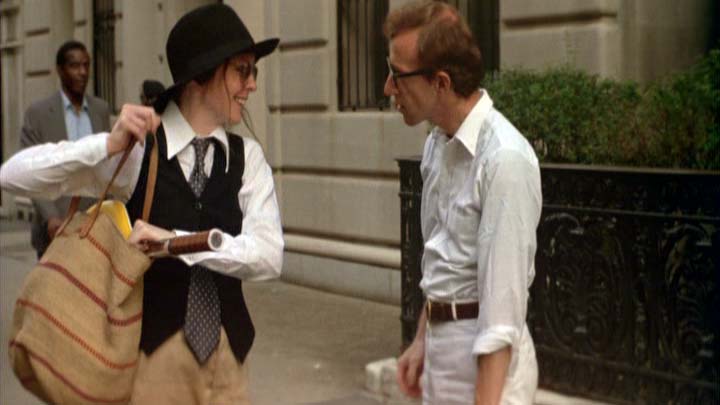
This is not how the wooing scene will look. Although I kinda like her style here.
In fact, just like Rosalind, Orlando isn't about how he looks but who he is and what he does. I can't put it much better than this reviewer about the 2007 Oregon Shakespeare Festival presentation:
Orlando, who can seem like a dim star when next to the supernova that is Rosalind, is finally her match in this production. Again, the 1930s setting works to his advantage. Here he’s the American-as-apple-pie hero, a straight-edged do-gooder whose words, though they lack Rosalind’s pinache, are heartfelt. Circa 1939 Jimmy Stewart or Gary Cooper would have been cast in the part. As incarnated by the prodigiously talented Danforth Comins (his commanding Richmond in 2005′s Richard III announced the arrival of a new leading man), Orlando’s sincerity is a source of strength. He doesn’t possess Benedick’s sparkling wit, or Duke Orsino’s Romantic melancholy, or Petruchio’s charismatic swagger, but he is lion-hearted like the Biblical David when battling the odds in a show-stopping wrestling sequence, and sweet as a stammering Jimmy Stewart when he can’t conjure the words to tell Rosalind how much he loves her. He is that rare Shakespearean protagonist—a man uncomfortable expressing himself through language. He clams up around Rosalind and composes rubbish poetry when he tries to put pen-to-paper. His odes in honor of his paramour’s grace and beauty “abuse” the trees of the forest and make rich fodder for Touchstone’s ready wit.
Orlando is not a man of letters, he is a man of action, always doing something noble—whether defeating a Goliath in the ring, demanding at knifepoint a supper for his aged companion, Adam, or rescuing his estranged brother from a snake and then a lion. With energy and conviction, Comins makes Orlando’s squareness a strength instead of a liability. The audience wants to see this noble-hearted character succeed. As further testimony to Comins’ acting prowess, my sister, who played Rosalind in her high school’s production of As You Like It, observed that she wouldn’t have had to do much acting had Comins been her Orlando — the panting and the swooning would all have come naturally.
So, who is our Orlando? I think he has something in common with Romeo - or rather, he is the complete inverse of Romeo's trajectory, his mirror and opposite, as 'twere. (I am, of course, talking about my - or rather, our - Romeo. Not the ridiculata commonly perpetuated by folks who have been sucker punched in the gut by "love.") Consider:
| Orlando | Romeo |
Orlando may not be facile with words, but he is facile with thought. He's essentially good, and that's what draws Rosalind to him initially. We women are like that: we see many very pretty faces, but we fall in love with fellows whose spirits shine through. If they happen to have a pleasing casing, we're rather happy to enjoy that, too. But Rosalind, especially, realizes that youth doesn't last ("Men are April when the woo, December when they wed") and that what is needed in her Orlando is someone who will appreciate her wit and her vivacity, and who will themselves be faithful, even and...to be quite common about it...who will just stick around. In Orlando, she finds such a radiant man, with this added advantage: that he can also see right through her.
At the end of the day, regarding the casting of Rosalind and Orlando - and I know I'm beating an old drum here, but it's a freaking true drum, and perhaps the tru-i-est drum of them all - I want two people who are Rosalind and Orlando to each other, I want two people whom we can believe have fallen in love, I want chemistry and passion and inside jokes and winks and rolling eyes in exasperation - an old married couple who've just met, an endless balcony scene in the middle of a factory.
 The sporadic ramblings of Emily C. A. Snyder - devoted to God, theatre, writing, and much randominity.
The sporadic ramblings of Emily C. A. Snyder - devoted to God, theatre, writing, and much randominity.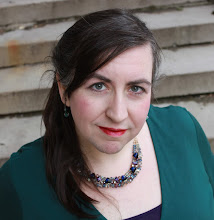
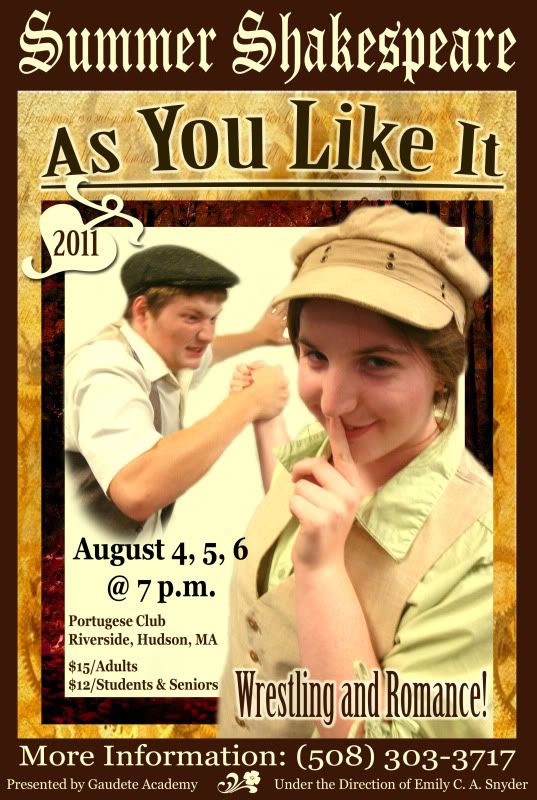
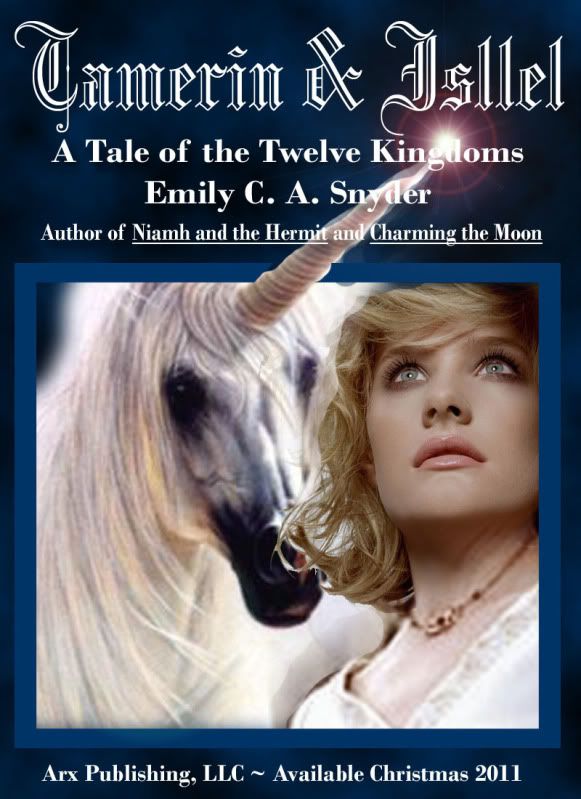
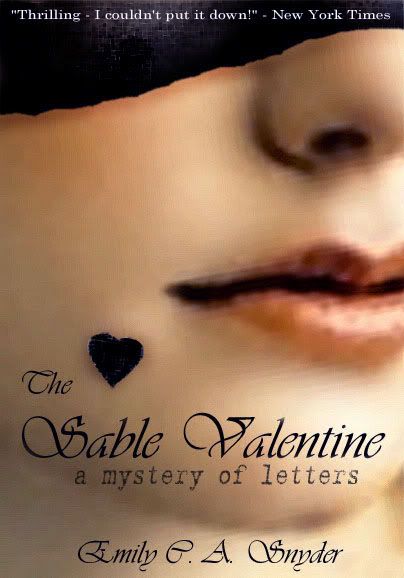


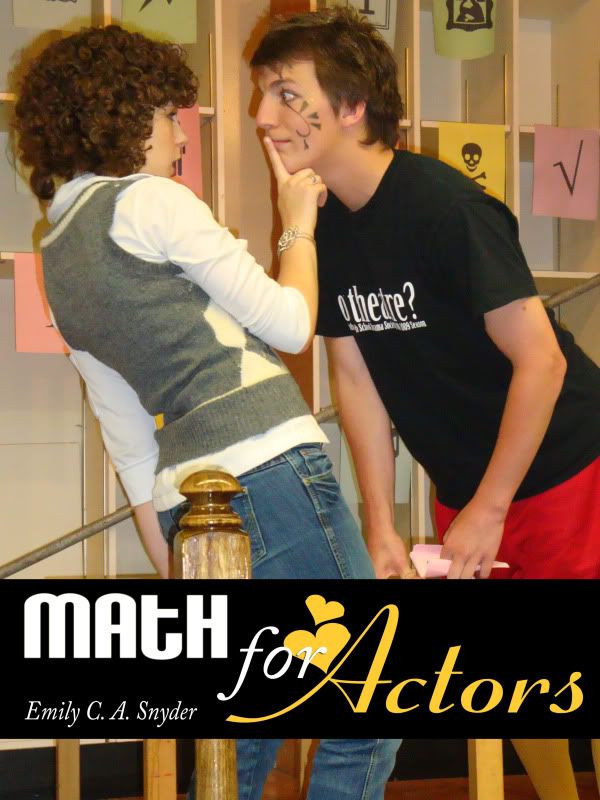


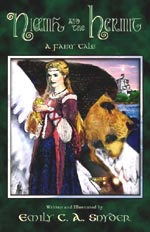
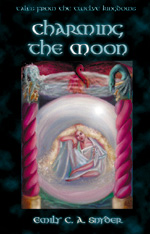

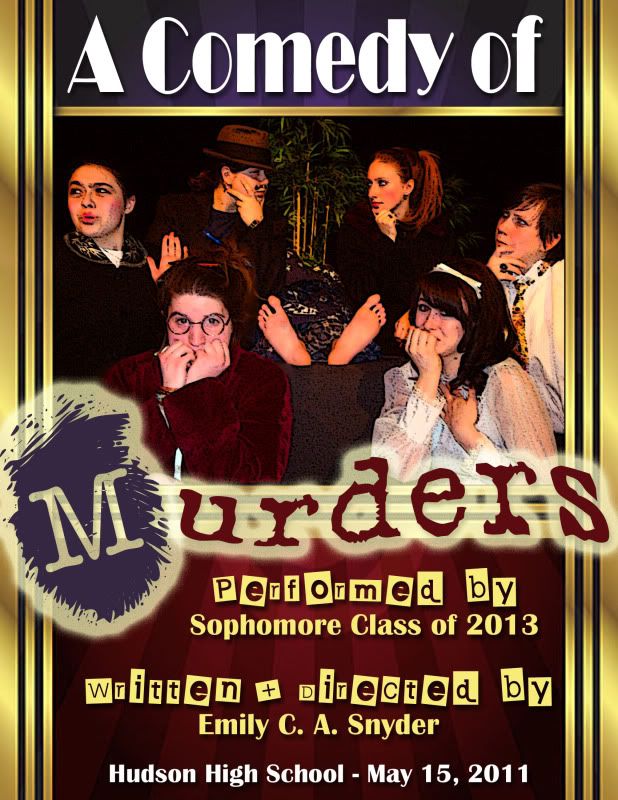
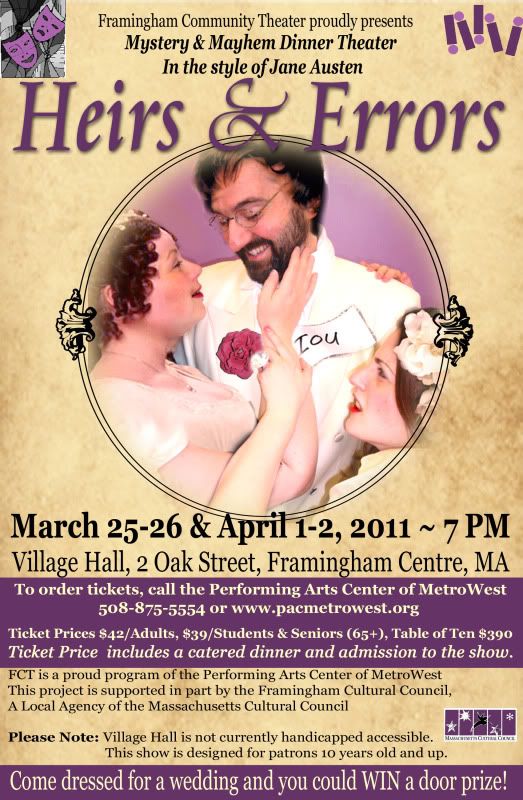
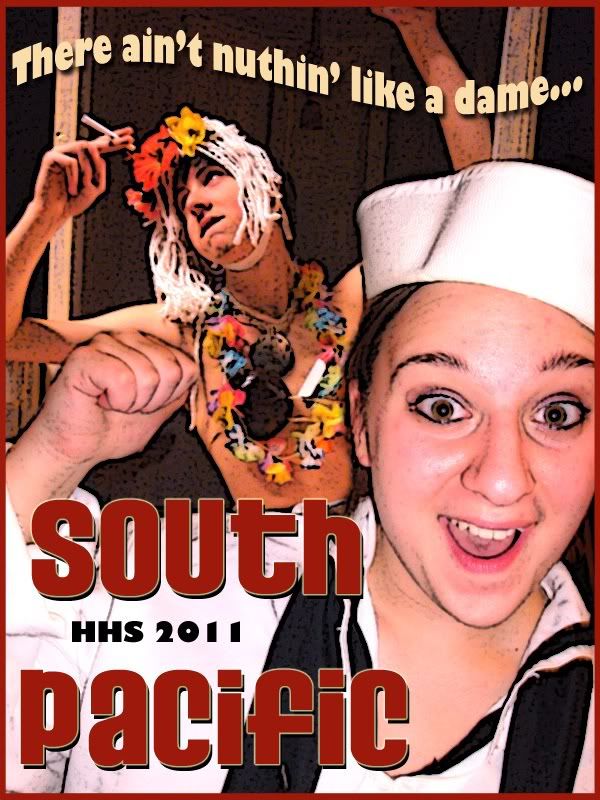
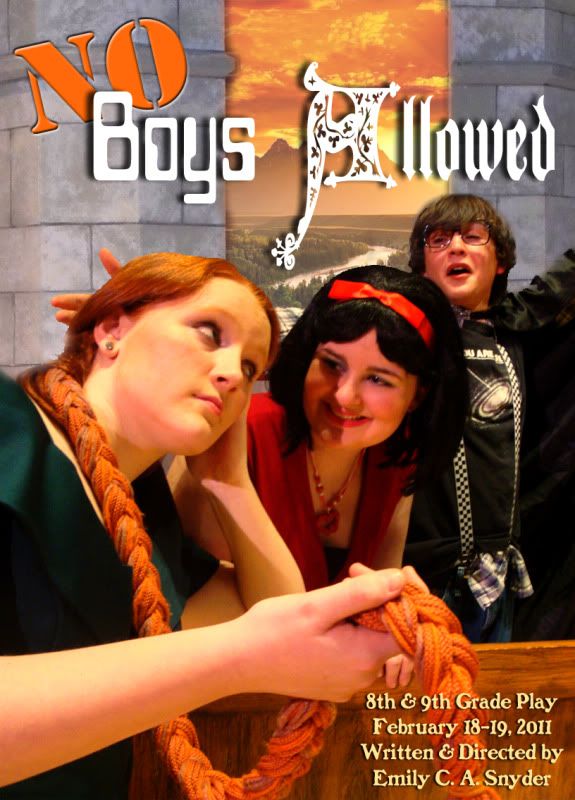
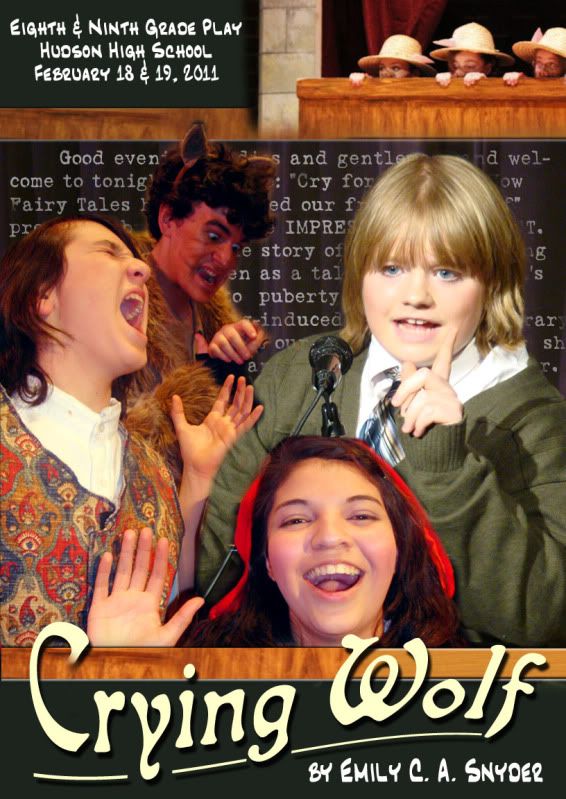
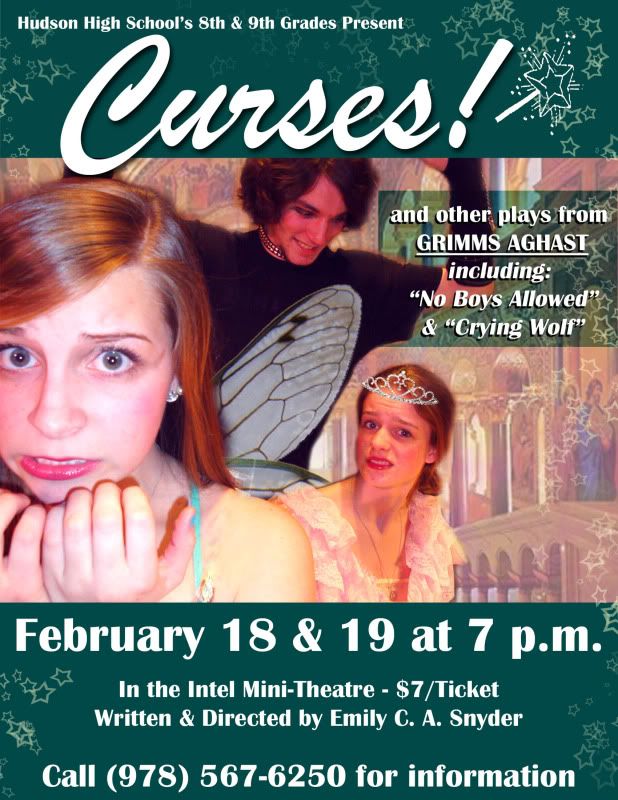
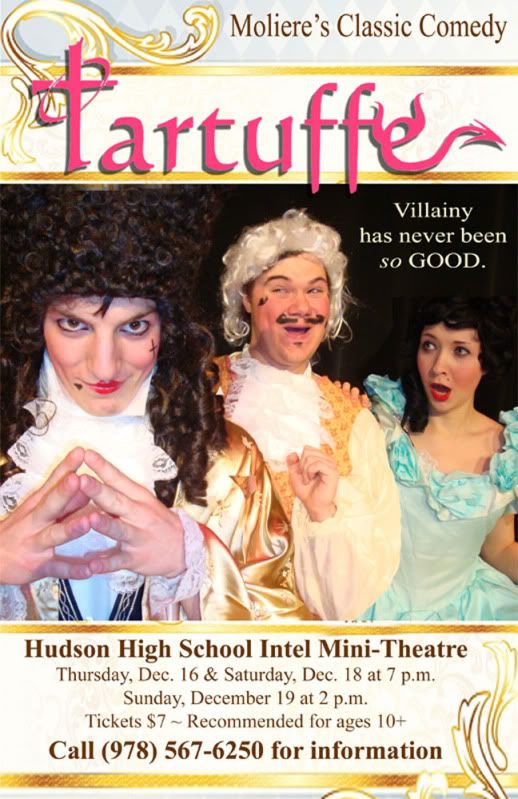
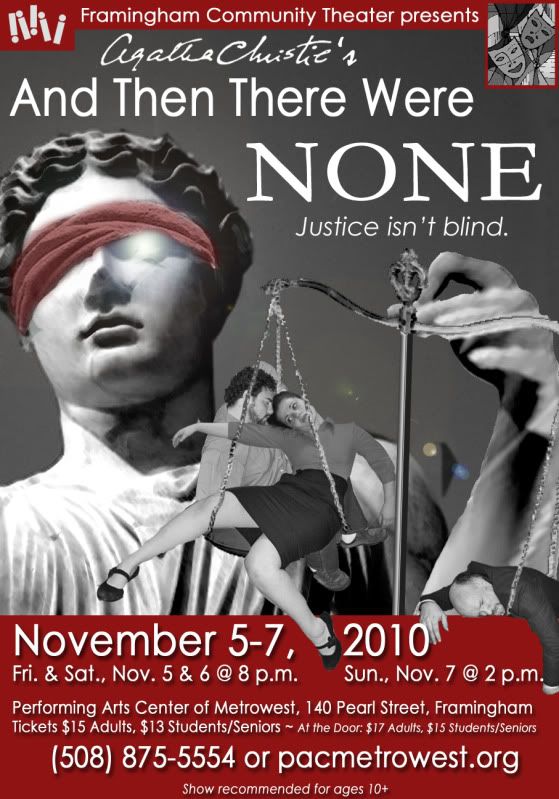
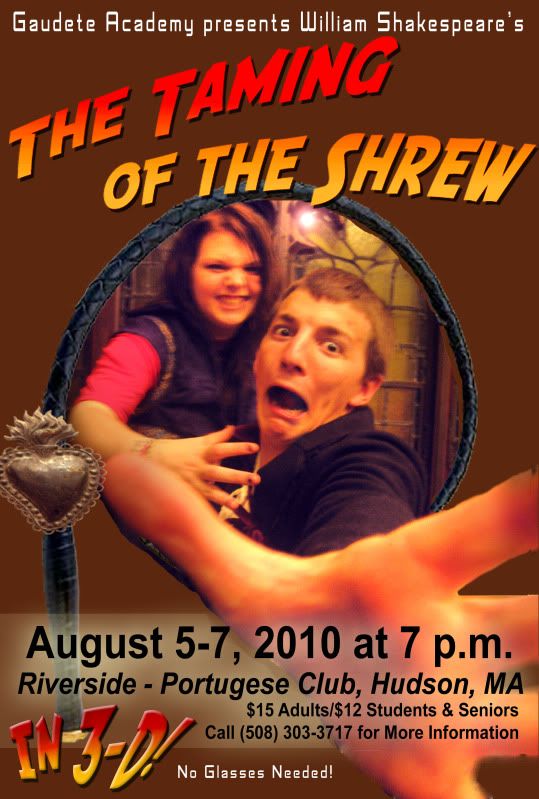
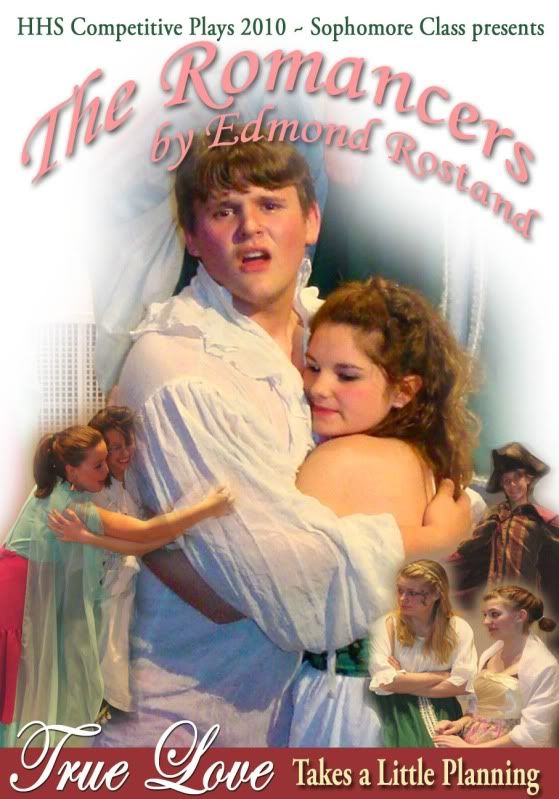
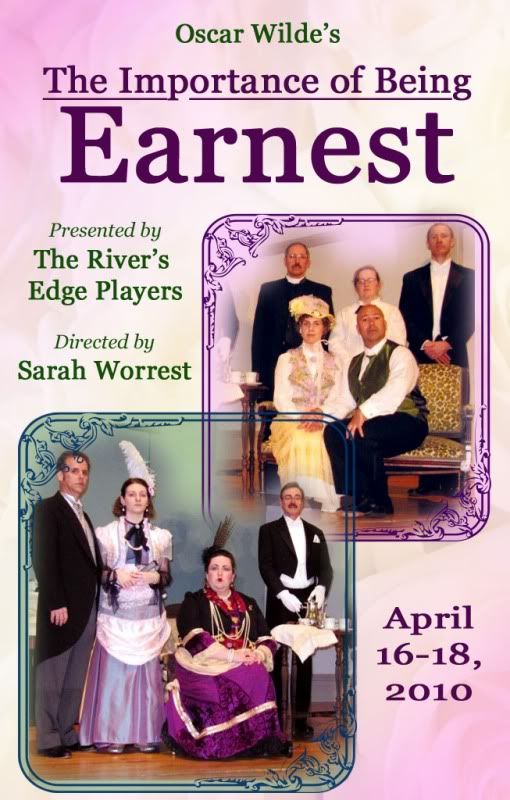
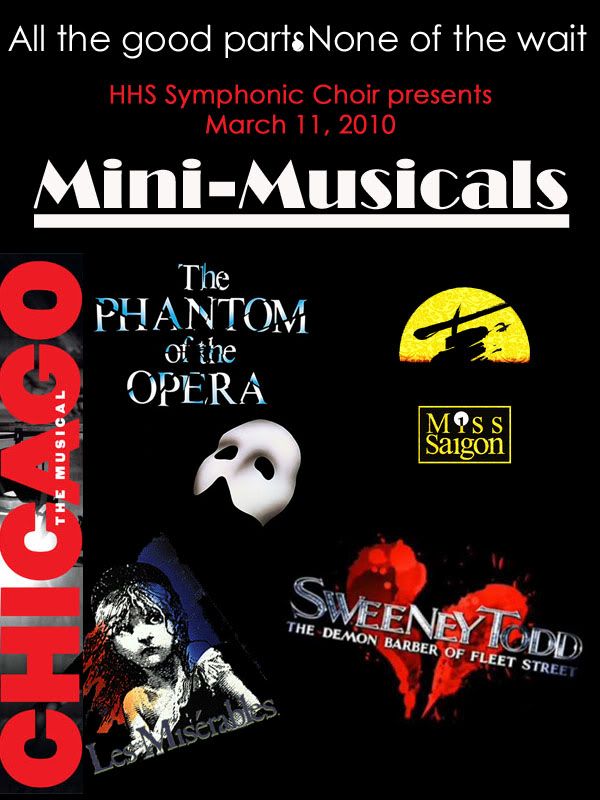
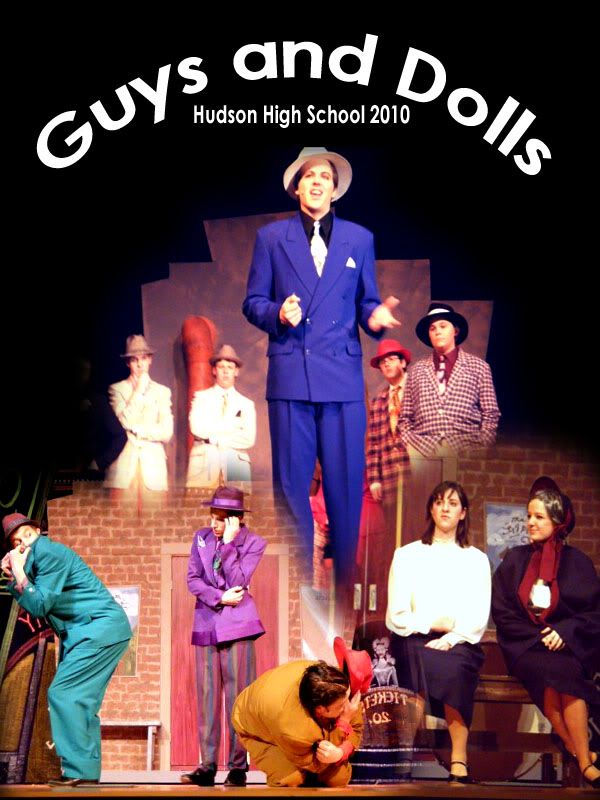
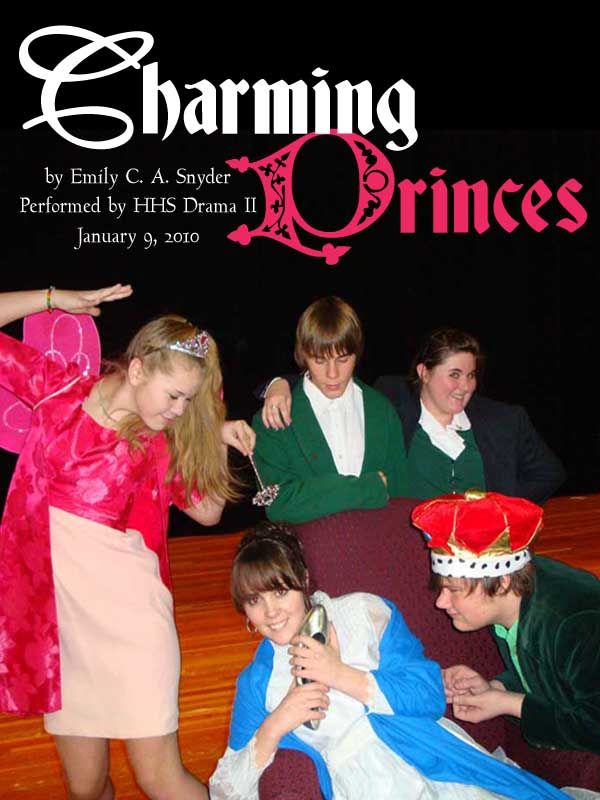

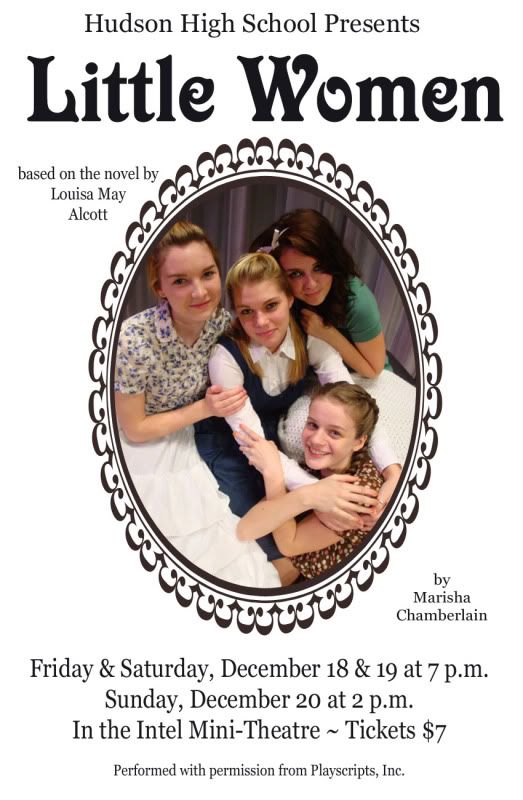
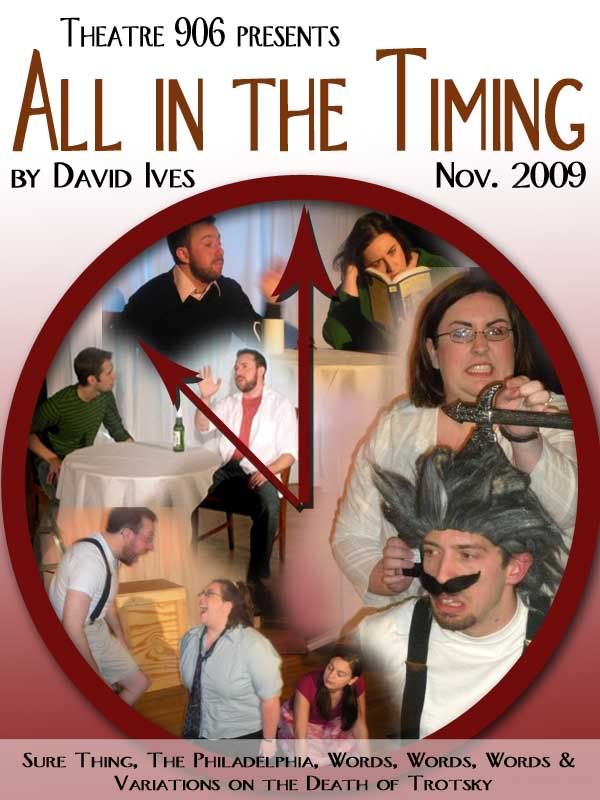
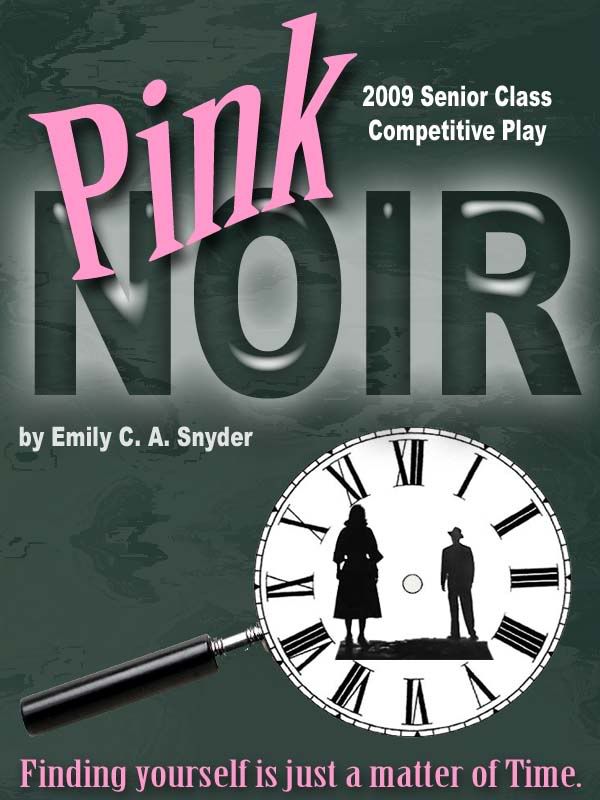
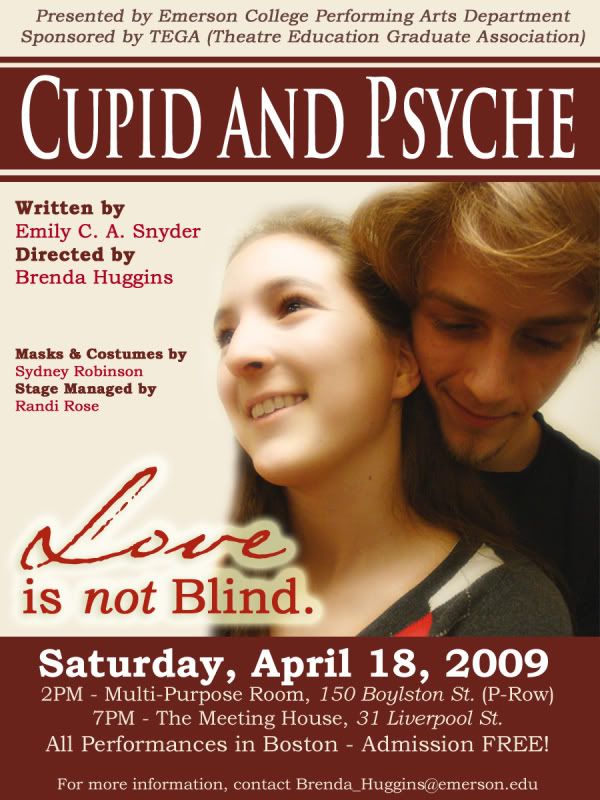
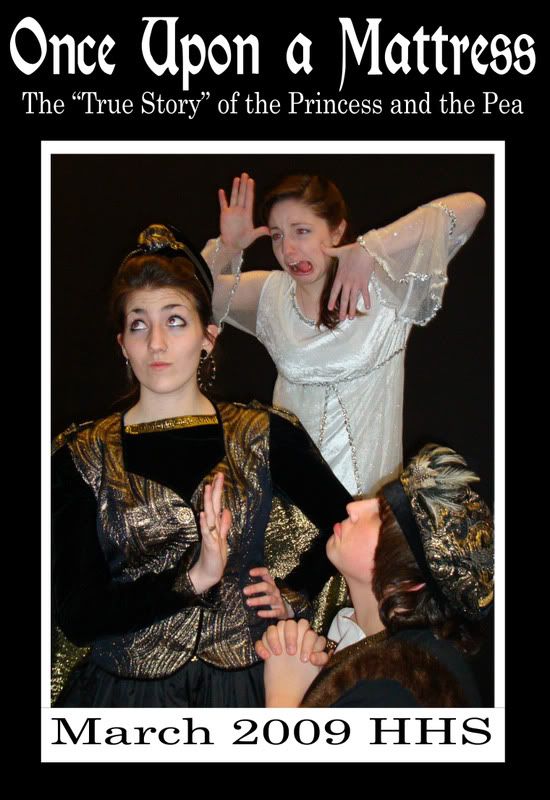
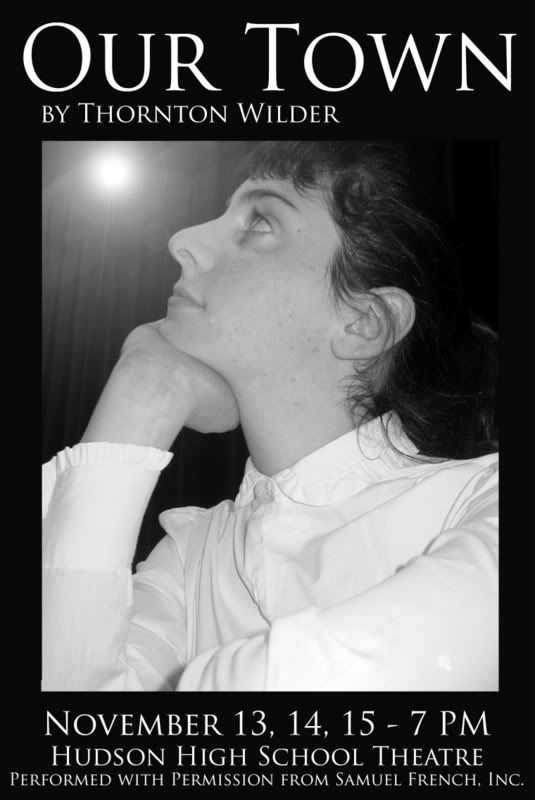
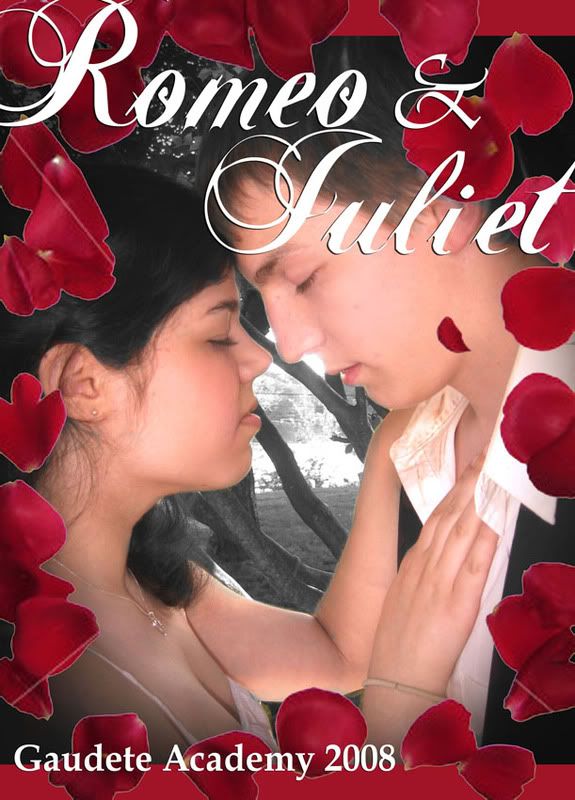
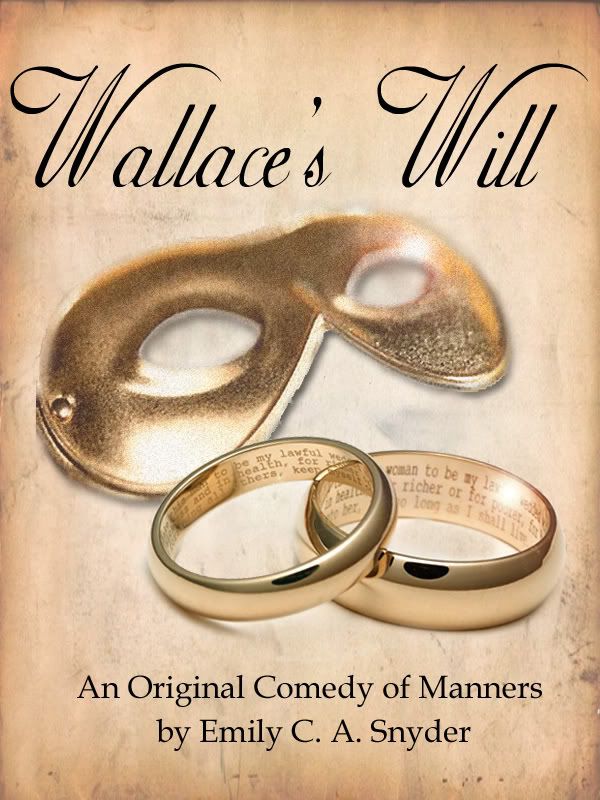
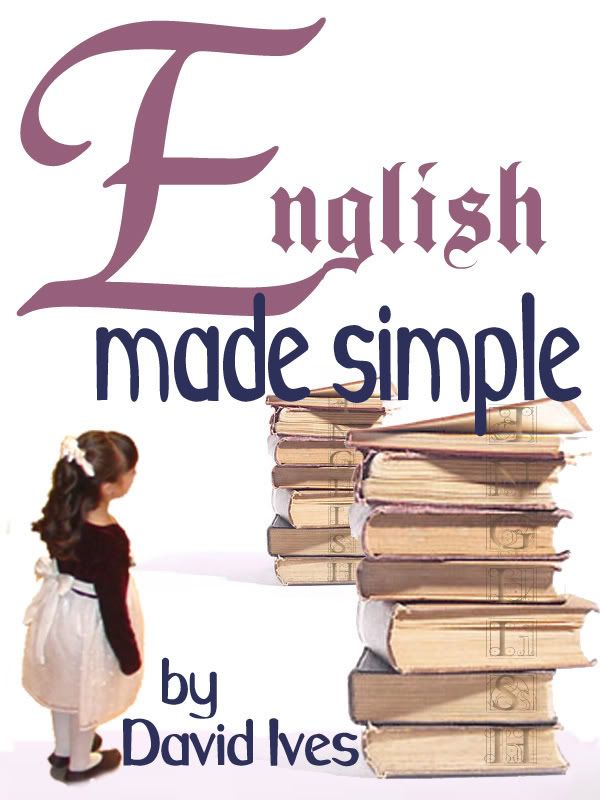
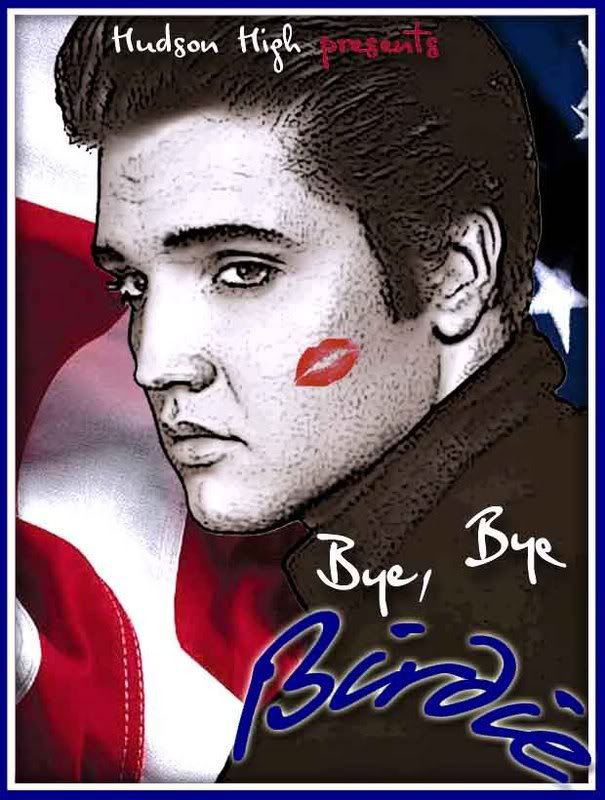
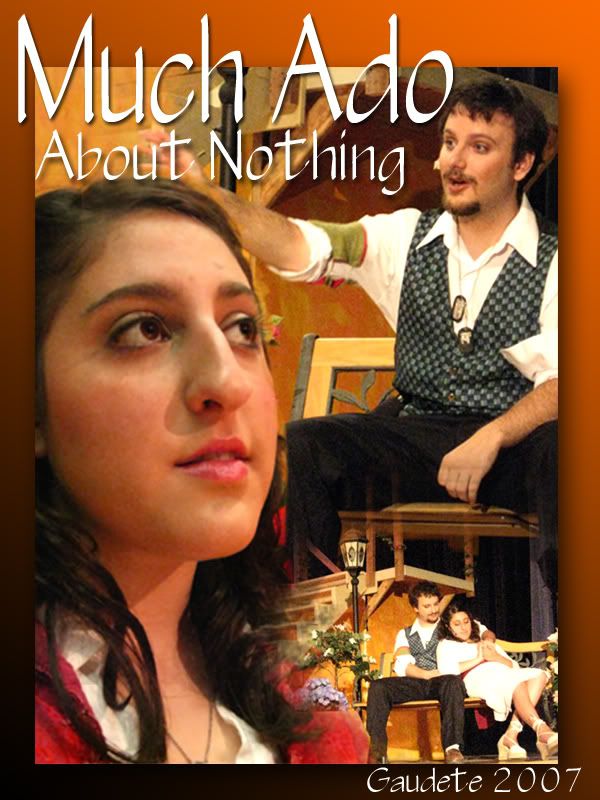
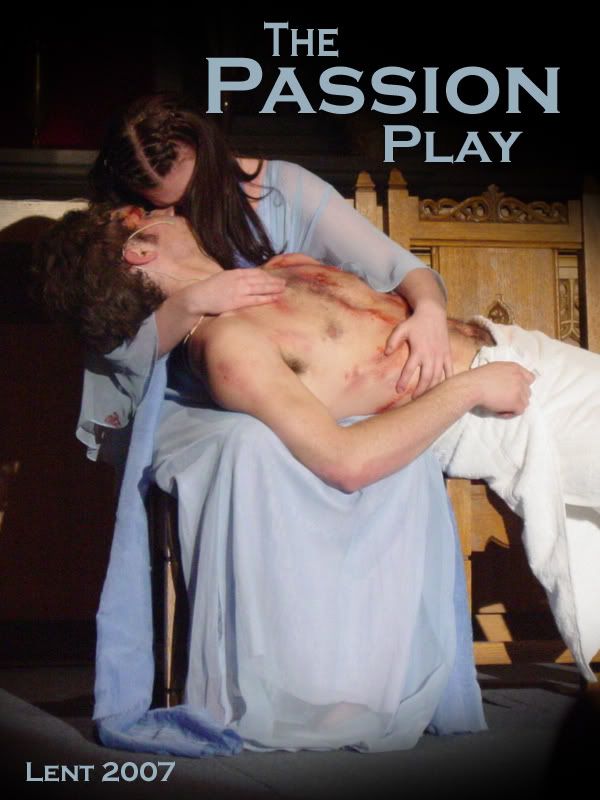
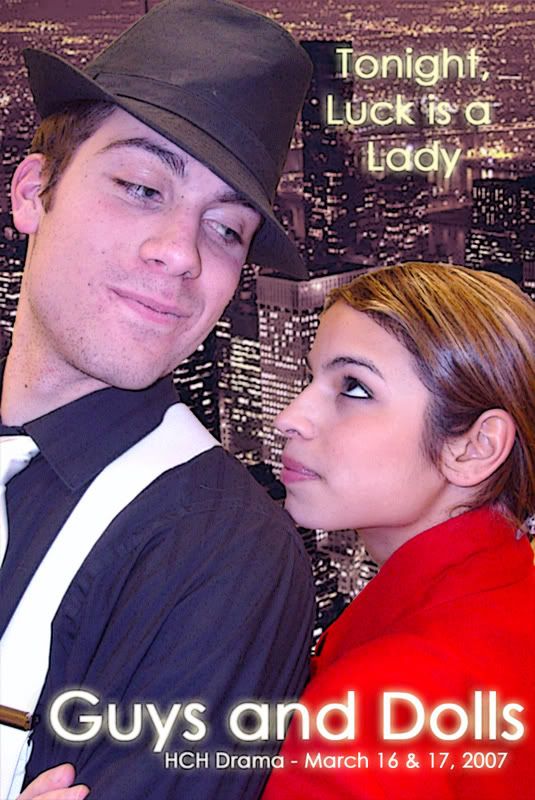
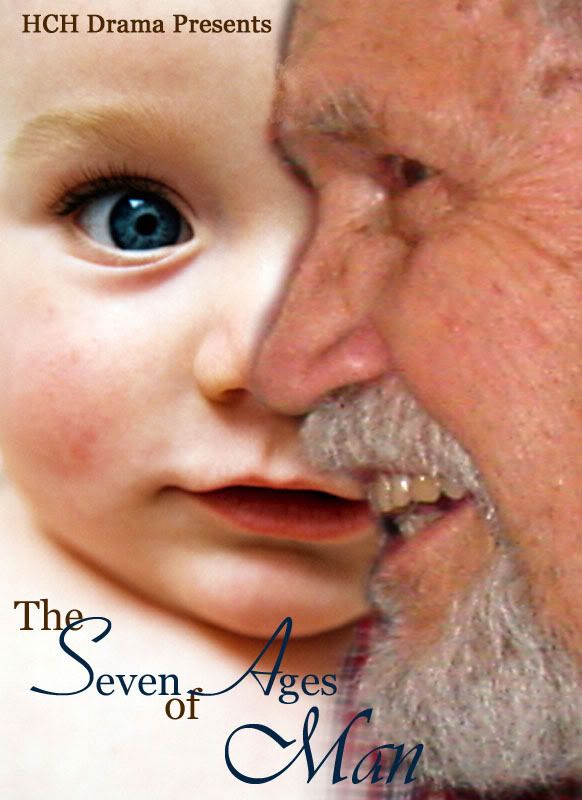

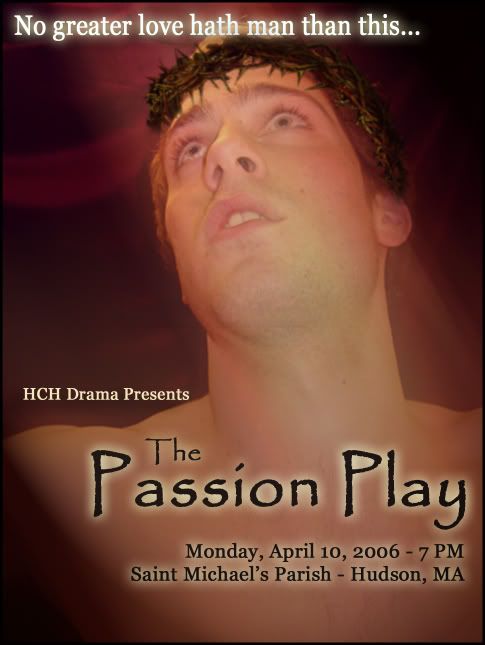
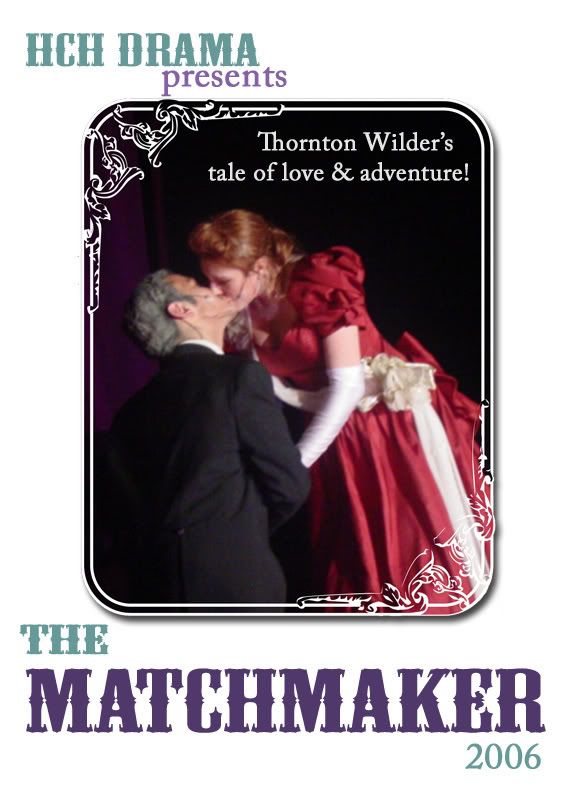


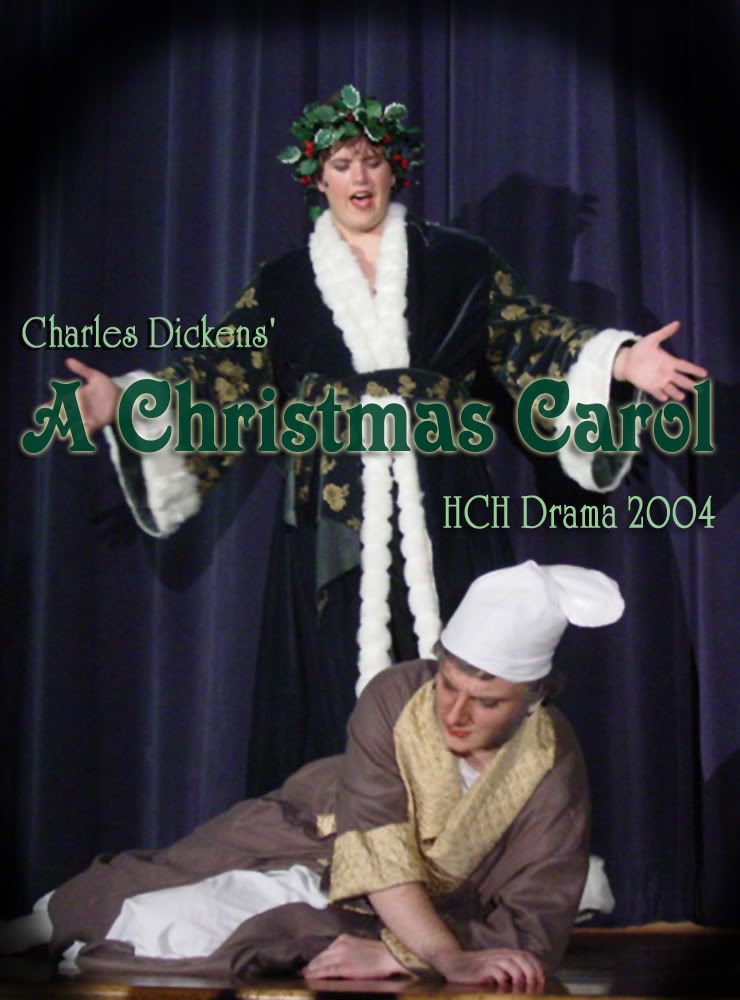
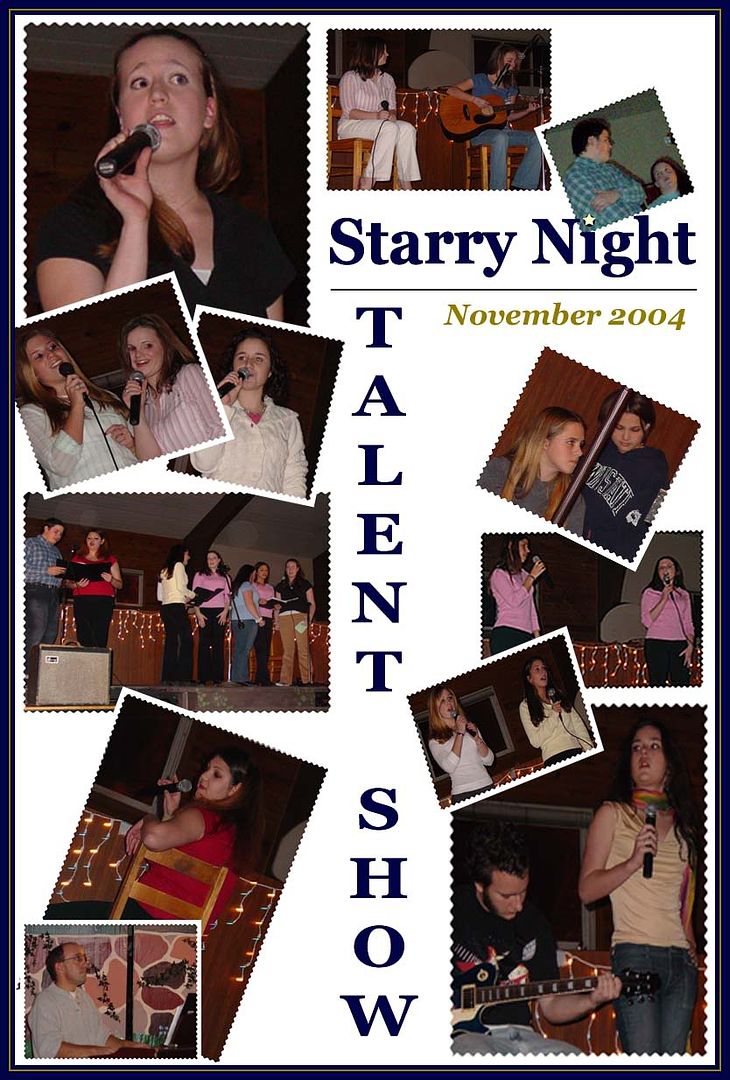
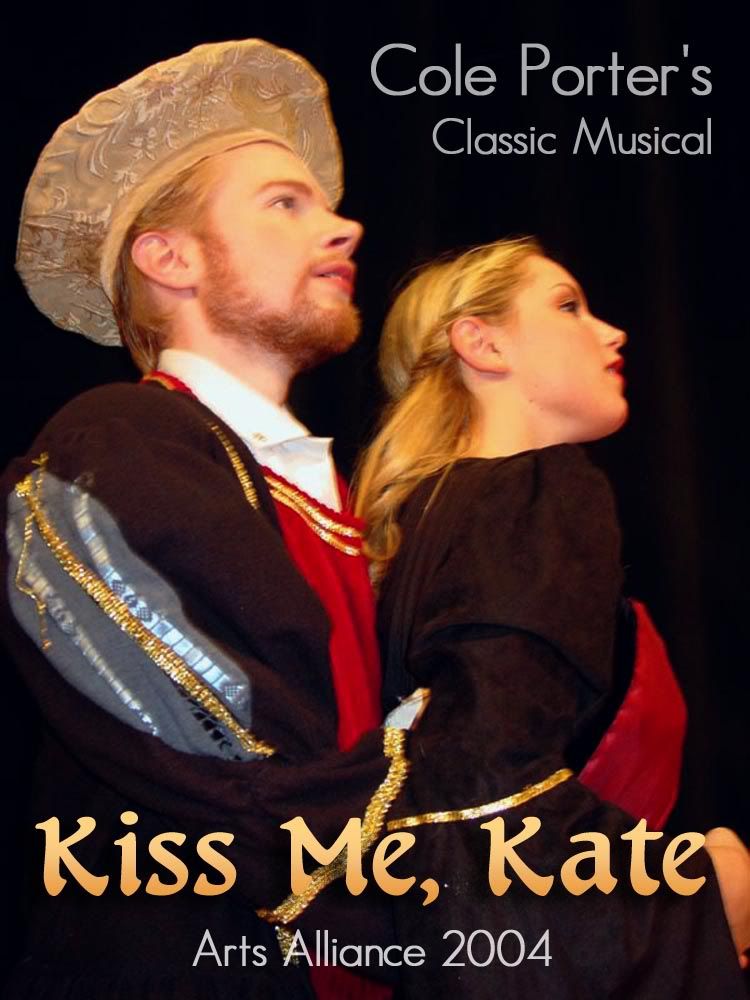

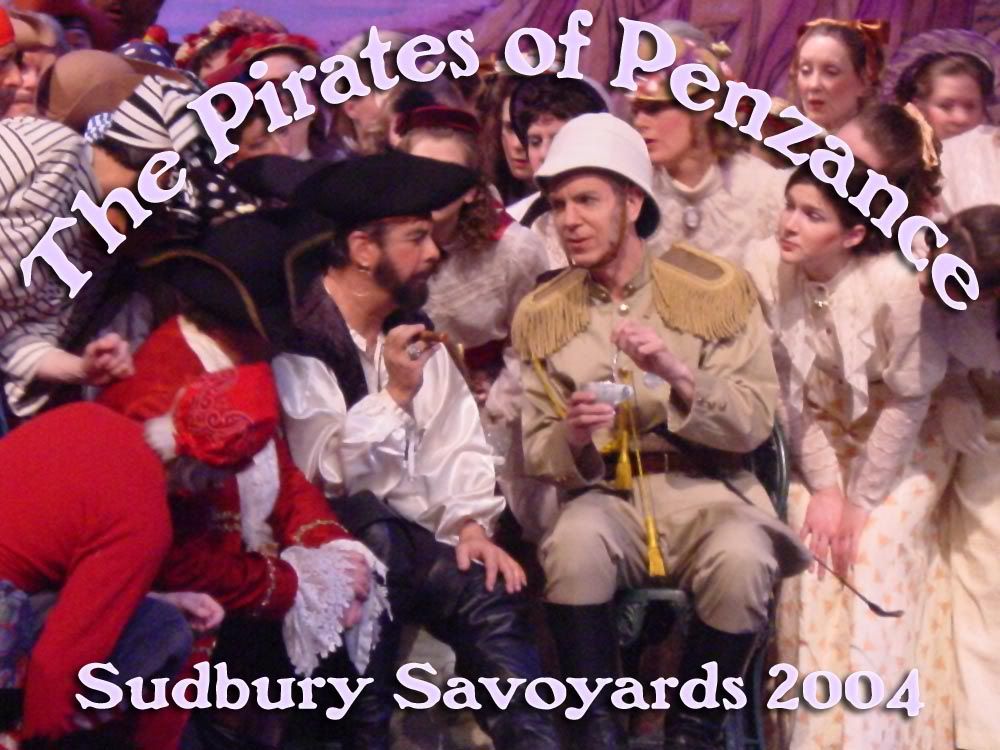
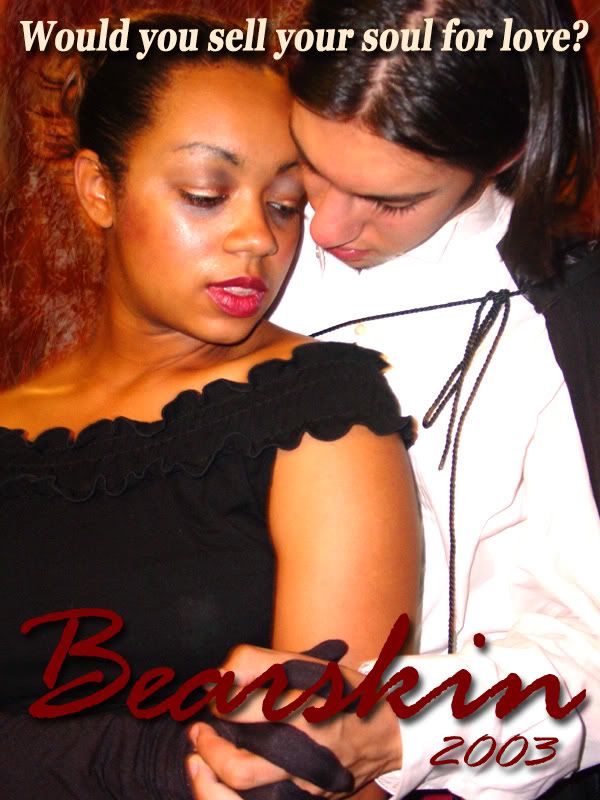
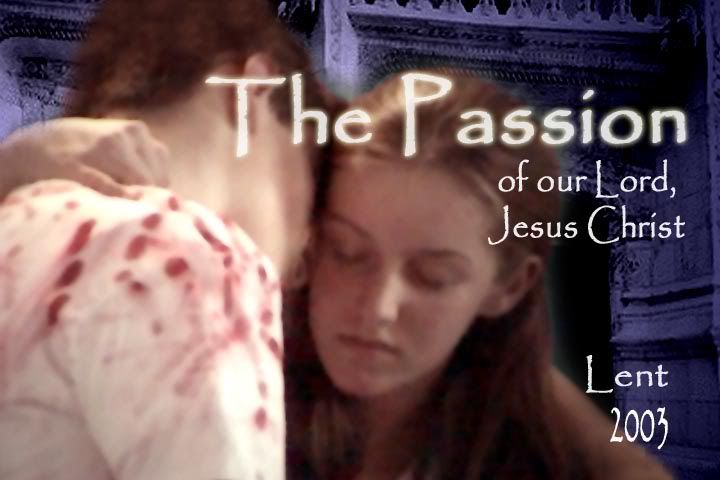

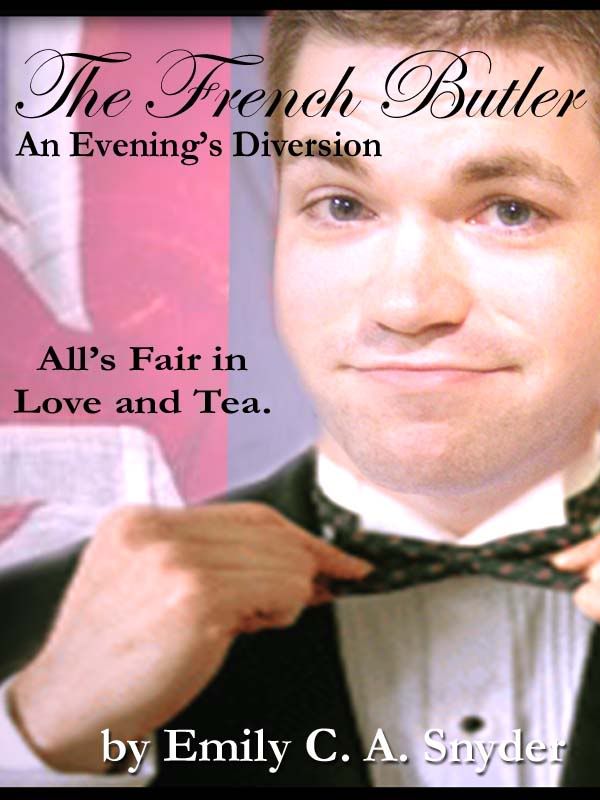
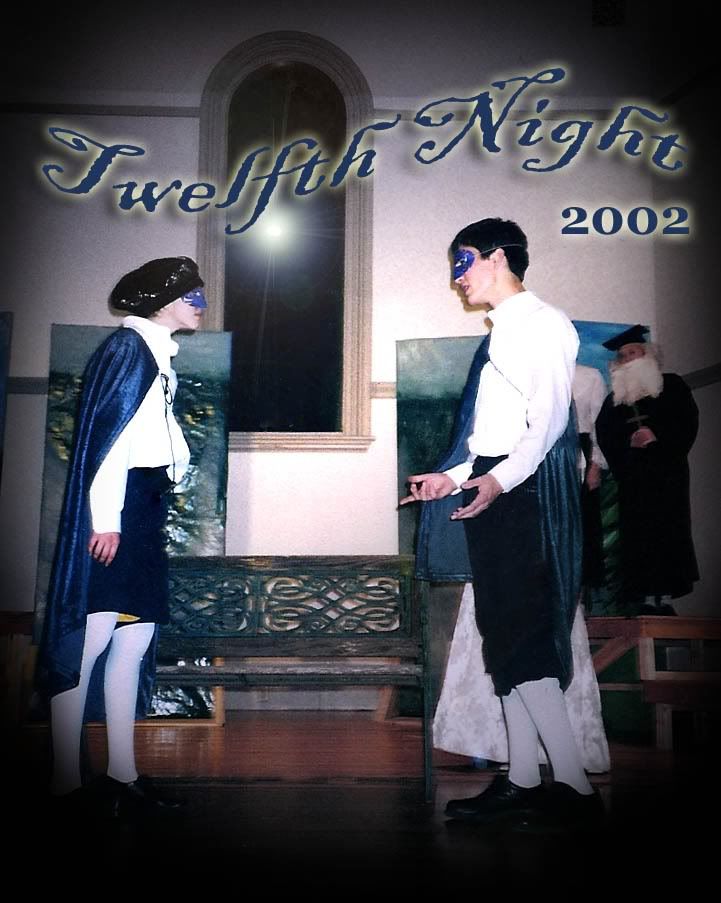
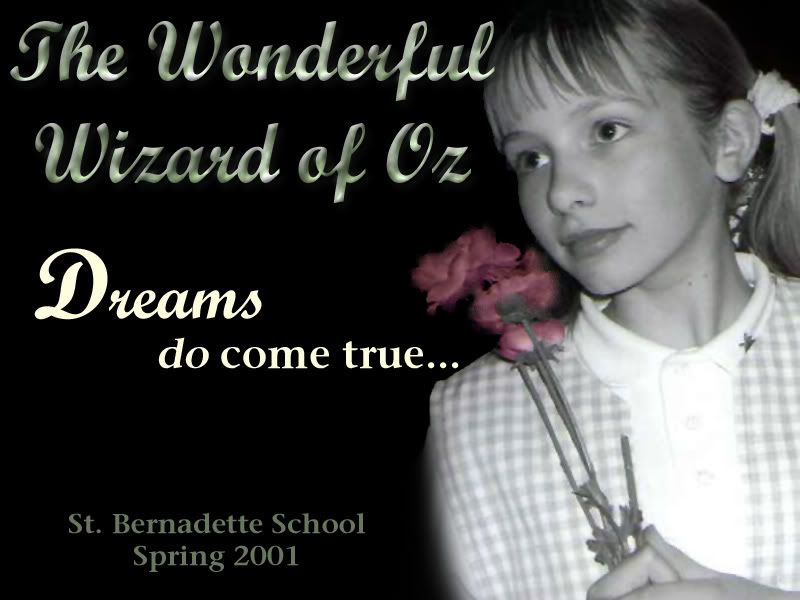
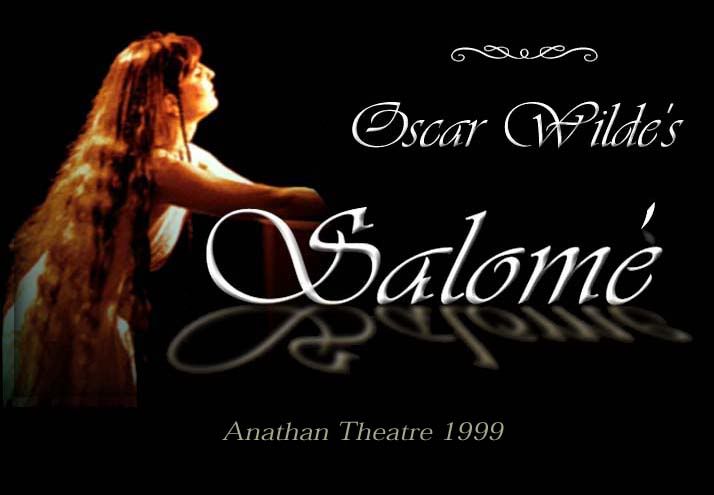
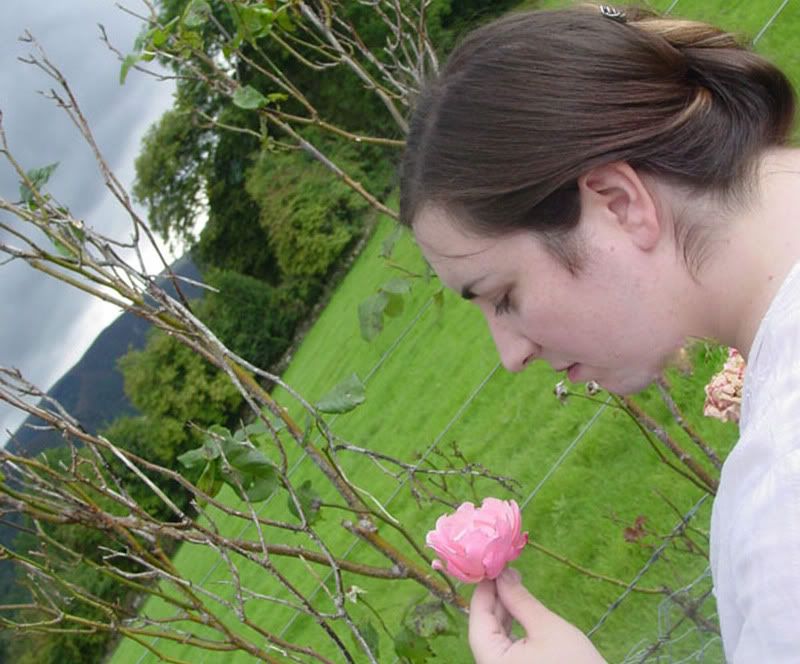

1 Comments:
Thanks for sharing such this nice article. Your post was really good. Some ideas can be made. About English literature. Further, you can access this site to read As You Like It as a Romantic Comedy
Post a Comment
<< Home